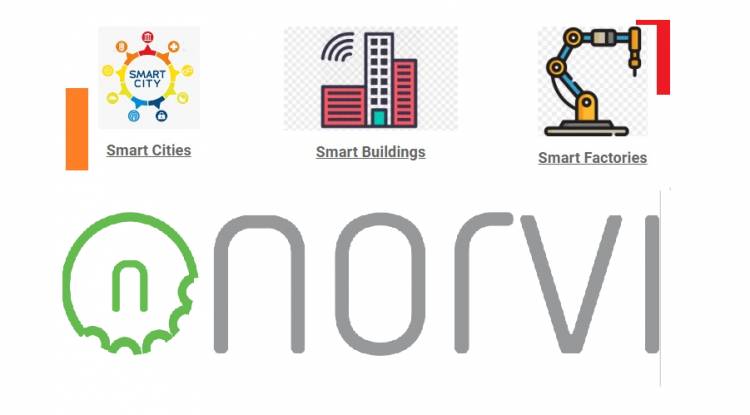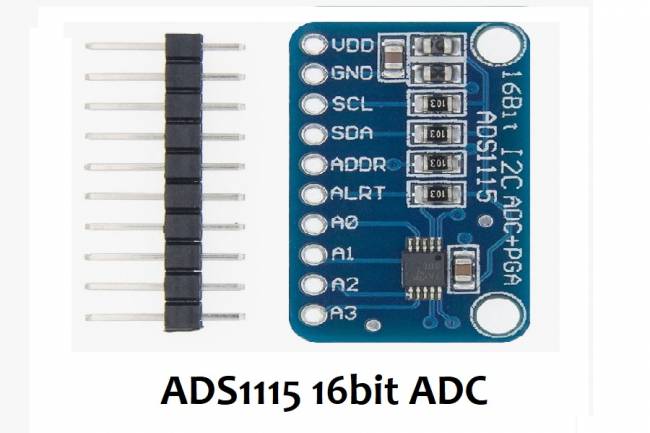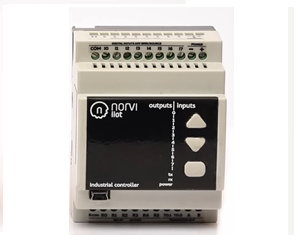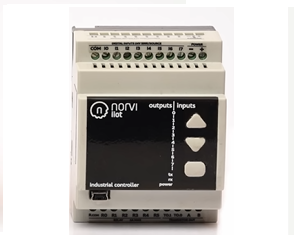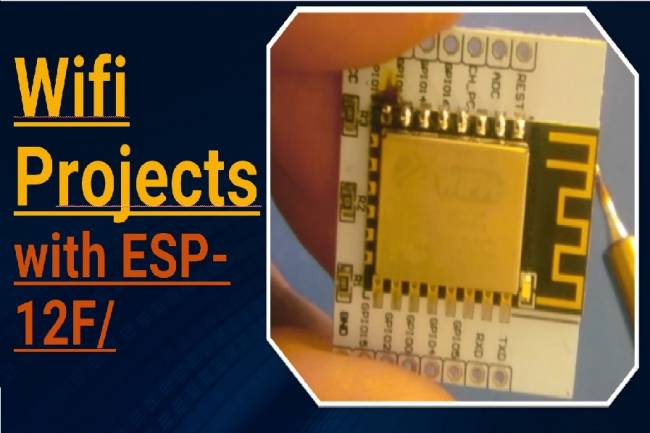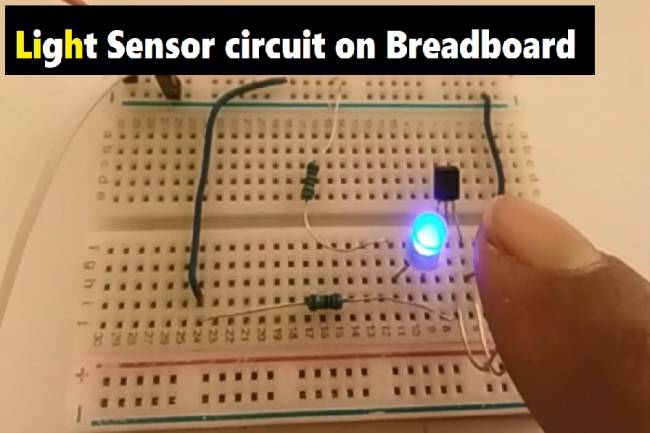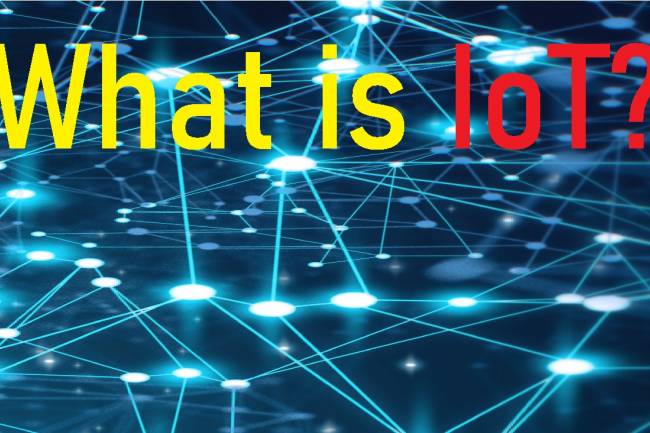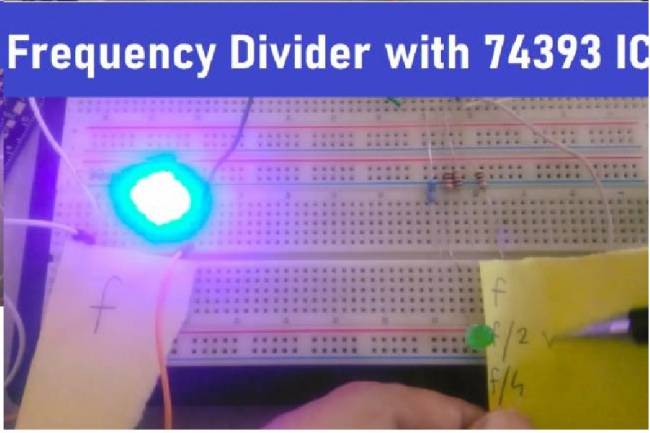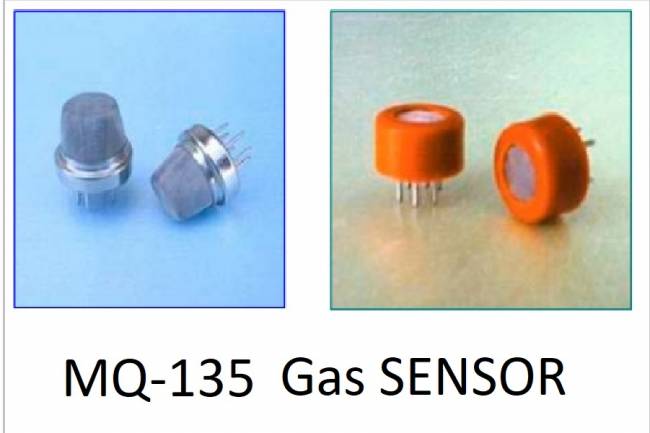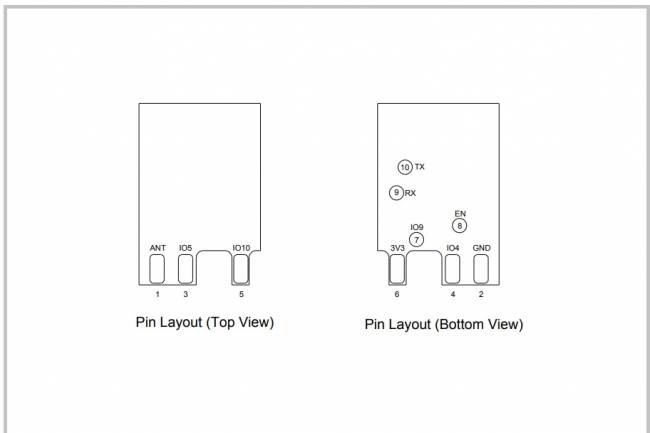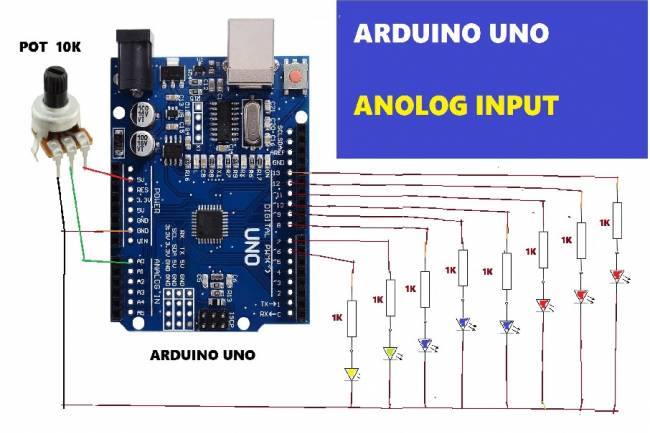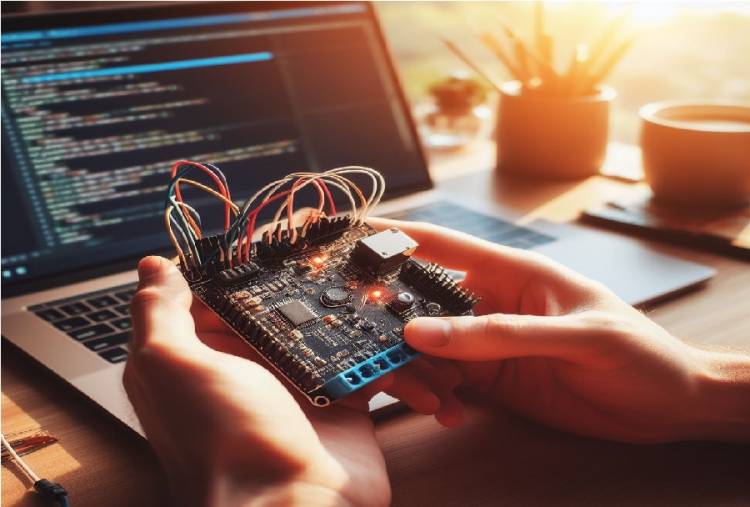
MCU Development Boards and IDEs: Embedded System Options
Embedded systems and microcontrollers (MCUs) are one of the cornerstones of today's technological world. These tiny circuits provide essential processing power for many different applications. However, one of the most important steps for those who want to develop MCU-based projects is choosing the right MCU development board and using a development environment (IDE) that is compatible with it. Here's an informative guide to the 10 major MCU development boards on the market, the microcontroller names and IDEs they use:
1. Arduino UNO
Microcontroller: ATmega328P
IDE: Arduino IDE
Website: arduino.cc
Features: Simple to use, wide community support, affordable, abundant plugin and shield support.
2. Raspberry Pi Pico
Microcontroller: RP2040
IDE: Thonny, MicroPython
Website: raspberrypi.org
Features: Cost-effective, MicroPython and CircuitPython support, wide range of GPIO pins.
3. STM32 Discovery
Microcontroller: Various STM32 series
IDE: STM32CubeIDE, Keil, PlatformIO
Website: st.com
Features: Powerful STM32 microcontrollers, wide range of peripherals, free IDE options.
4. ESP8266 and ESP32
Microcontroller: Various ESP8266 and ESP32 models
IDE: Arduino IDE, PlatformIO, Espressif IDF
Website: espressif.com
Features: WiFi and Bluetooth integration, ideal for IoT projects, broad community support.
Industrial IoT Applications:
5. BeagleBone Black
Microcontroller: AM335x
IDE: Cloud9 IDE, BeagleBone IDE
Website: beagleboard.org
Features: High performance ARM processor, Linux based, wide I/O options.
6. Adafruit Circuit Playground
Microcontroller: ATmega32U4
IDE: CircuitPython
Website: adafruit.com
Features: Simple and fun to use, built-in sensors, LEDs and speaker.
7.Teensy
Microcontroller: Various NXP Kinetis microcontrollers
IDE: Arduino IDE, PlatformIO
Website: pjrc.com
Features: High performance, USB compatibility, wide community support.
8. Particle Photon
Microcontroller: STM32F205RG
IDE: Particle Web IDE
Website: particle.io
Features: WiFi integration, cloud-based development, suitable for IoT projects.
9. NXP Freedom Board
Microcontroller: Various NXP Kinetis microcontrollers
IDE: MCUXpresso, Keil
Website: nxp.com
Features: High quality NXP microcontrollers, wide community support.
10. Intel Edison
Microcontroller: Intel Atom processor
IDE: Arduino IDE, Intel XDK
Website: intel.com
Features: Intel processor based, suitable for IoT and rapid prototyping.
The unique features of each board and the microcontroller it uses will determine which one you should choose, depending on your projects and needs. You can use this guide to get more information and learn about MCU development boards and IDEs.
